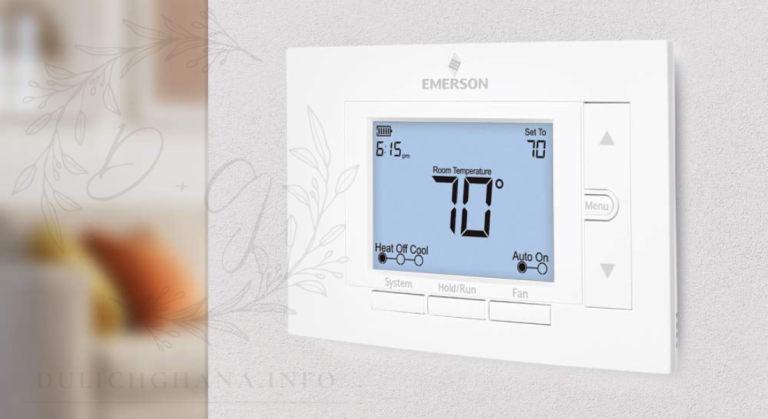
Analyzing guest feedback is crucial for any hotel aiming to improve service, enhance guest satisfaction, and build a positive reputation. By effectively interpreting and acting on hotel reviews, you can address issues, capitalize on strengths, and provide an exceptional experience for future guests. Here’s a comprehensive guide to interpreting and acting on hotel reviews:
**1. Collect and Organize Guest Feedback
Overview: Gather feedback from various sources to get a comprehensive view of guest opinions.
Steps:
- Review Platforms: Monitor reviews on popular travel sites like TripAdvisor, Booking.com, and Google Reviews.
- Surveys: Use post-stay surveys to collect direct feedback from guests.
- Social Media: Pay attention to mentions and reviews on social media platforms.
Why It’s Important: Collecting feedback from multiple sources provides a well-rounded understanding of guest experiences and highlights areas for improvement.
**2. Categorize Feedback
Overview: Organize feedback into categories to identify common themes and issues.
Steps:
- Positive Feedback: Highlight strengths such as exceptional service, clean rooms, or great amenities.
- Negative Feedback: Identify recurring complaints, such as noise issues, poor customer service, or maintenance problems.
- Suggestions for Improvement: Note any specific recommendations or requests from guests.
Why It’s Important: Categorizing feedback helps in understanding the overall guest experience and pinpointing specific areas that need attention.
**3. Analyze Trends and Patterns
Overview: Look for trends and patterns in the feedback to identify recurring issues or strengths.
Steps:
- Frequency of Complaints: Determine which issues are mentioned most frequently and prioritize them.
- Guest Demographics: Analyze if certain issues are more common among specific guest groups or during particular times.
- Comparative Analysis: Compare current feedback with historical data to gauge improvements or declining areas.
Why It’s Important: Analyzing trends helps in prioritizing issues based on their frequency and impact, allowing you to address the most critical concerns first.
**4. Respond to Reviews
Overview: Engage with guests by responding to their reviews to show that you value their feedback.
Steps:
- Acknowledge Positive Feedback: Thank guests for their positive comments and highlight that their satisfaction is appreciated.
- Address Negative Feedback: Apologize for any issues they experienced and outline the steps being taken to resolve them.
- Personalize Responses: Use the guest’s name and reference specific details from their review to make your response more personal and genuine.
Why It’s Important: Responding to reviews demonstrates commitment to guest satisfaction and provides an opportunity to resolve issues publicly, potentially restoring the guest’s confidence.
**5. Implement Improvements
Overview: Use feedback to make actionable changes and improve guest experiences.
Steps:
- Prioritize Issues: Address the most common and impactful issues first, based on the feedback analysis.
- Develop Action Plans: Create specific action plans to tackle recurring problems, such as staff training or maintenance schedules.
- Monitor Changes: Track the effectiveness of implemented changes and adjust as needed based on ongoing feedback.
Why It’s Important: Implementing improvements based on guest feedback enhances the overall guest experience and can lead to better reviews and increased guest satisfaction.
**6. Communicate Changes to Guests
Overview: Inform guests about the improvements made based on their feedback to show that their opinions are valued.
Steps:
- Website and Social Media: Announce updates and improvements on your hotel’s website and social media channels.
- Direct Communication: If appropriate, inform guests directly about the changes during their stay or in follow-up communications.
Why It’s Important: Communicating changes demonstrates responsiveness and helps build trust with guests, encouraging them to return and share their positive experiences.
**7. Train and Motivate Staff
Overview: Ensure that your staff is aware of feedback and trained to deliver a high level of service.
Steps:
- Share Feedback: Regularly review guest feedback with your team to highlight areas for improvement and celebrate successes.
- Provide Training: Offer training sessions to address specific issues mentioned in reviews, such as customer service or problem resolution.
- Motivate Staff: Recognize and reward staff for positive guest feedback to encourage continued excellence.
Why It’s Important: Training and motivating staff based on guest feedback enhances service quality and can prevent recurring issues.
**8. Track Performance Metrics
Overview: Use performance metrics to measure the impact of changes and improvements.
Steps:
- Guest Satisfaction Scores: Monitor changes in guest satisfaction scores and review ratings over time.
- Occupancy Rates: Analyze if improvements lead to increased bookings and occupancy rates.
- Repeat Business: Track the rate of returning guests to assess the long-term impact of improvements.
Why It’s Important: Tracking performance metrics helps evaluate the success of implemented changes and provides insights into areas that may still need attention.
**9. Encourage Positive Reviews
Overview: Actively encourage satisfied guests to leave positive reviews to build a favorable online reputation.
Steps:
- Follow-Up Emails: Send post-stay emails thanking guests and encouraging them to share their positive experiences.
- Incentives: Offer incentives or discounts for guests who leave reviews, within ethical guidelines.
Why It’s Important: Positive reviews help counterbalance any negative feedback and enhance your hotel’s reputation, attracting more potential guests.
**10. Continuous Improvement
Overview: View guest feedback as an ongoing process for continuous improvement.
Steps:
- Regular Review: Continually review and analyze guest feedback to stay updated on trends and issues.
- Adapt Strategies: Be flexible and adapt strategies based on new feedback and changing guest expectations.
Why It’s Important: Continuous improvement ensures that your hotel remains competitive and consistently meets or exceeds guest expectations.
Conclusion
Effectively interpreting and acting on hotel reviews is essential for enhancing guest satisfaction and maintaining a positive reputation. By collecting and analyzing feedback, responding to reviews, implementing improvements, and continuously monitoring performance, you can address issues, capitalize on strengths, and provide a superior guest experience. Embracing guest feedback as a tool for growth helps ensure long-term success and fosters a loyal guest base.





